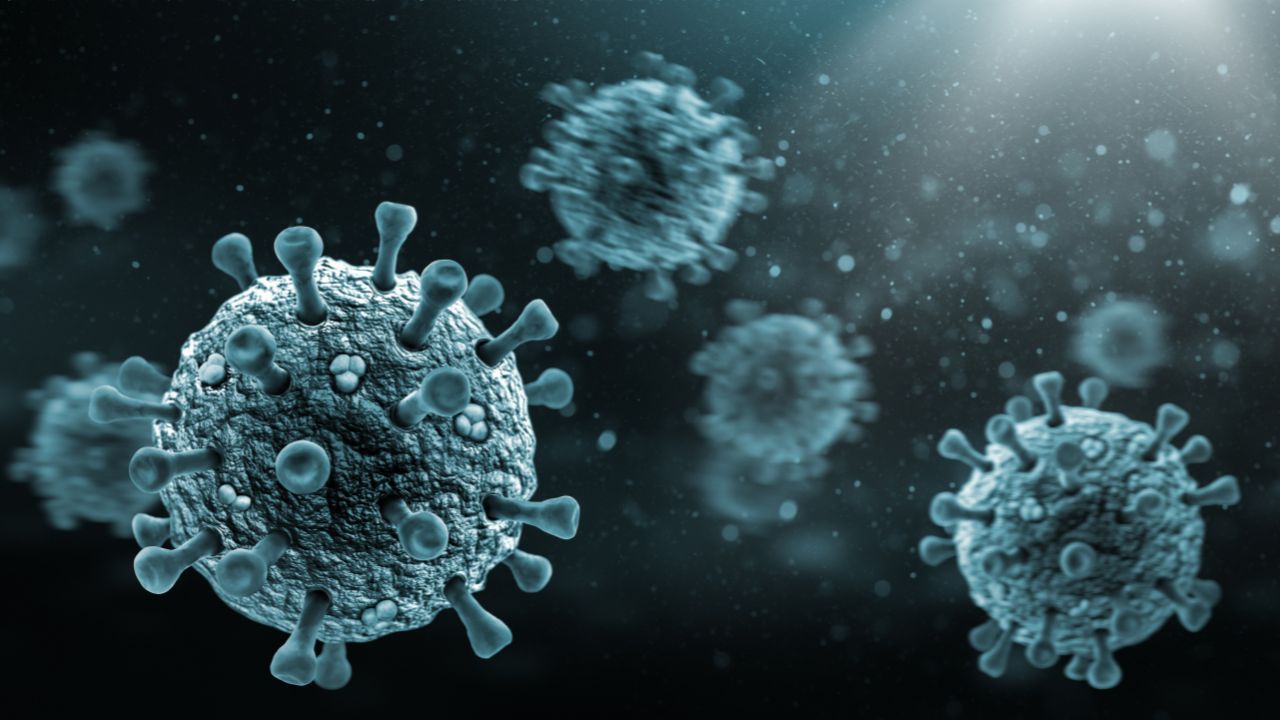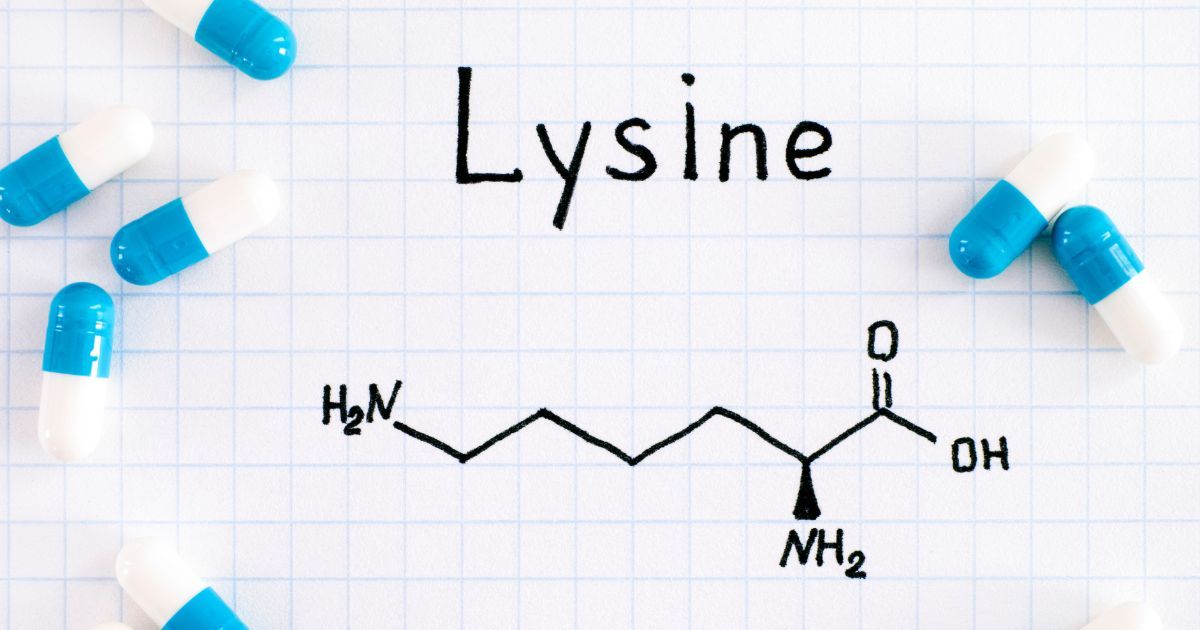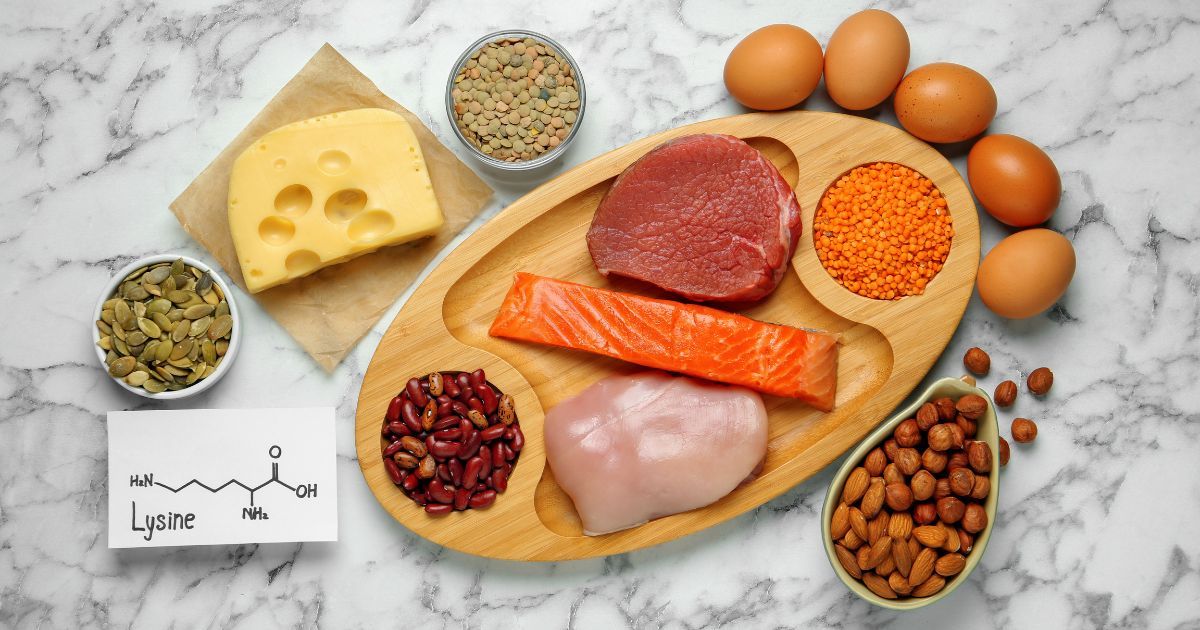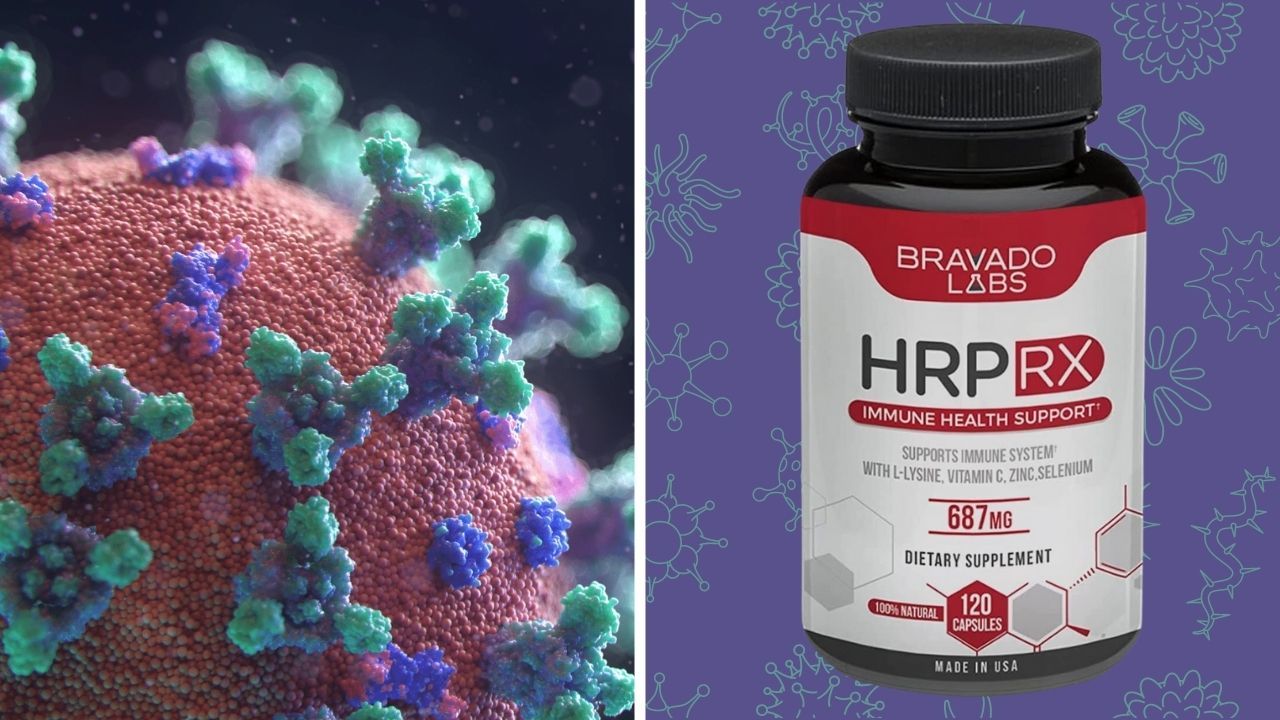
Does Lysine Stop Viral Shedding or Is It Just Hype?
Explore the potential of Lysine in halting viral spread. Does Lysine Stop Viral Shedding? Find out in our latest blog post.
You've likely landed here because you've heard about Lysine and its potential role in stopping viral shedding.
But what exactly does this mean?
And why should you care about viral shedding?
Well, let's dive into these questions together.
Understanding viral shedding is crucial because it influences how diseases spread. It's like the invisible hand that passes a virus from one person to another.
Lysine, on the other hand, is an essential amino acid that our bodies can't produce, but it plays a critical role in various bodily functions.
What is Viral Shedding?
Let's start with the basics.
Viral shedding is akin to a virus's version of sneezing. It's how a virus replicates and leaves an infected cell to infect others.
Imagine a bunch of tiny viral particles hitching a ride on your body's cells, hoping to jump ship onto someone else.
That's viral shedding for you.
The importance of understanding viral shedding lies in its role in disease transmission. It's like the secret agent of viruses, allowing them to spread undetected.
It's one of the key reasons why viruses, from the common cold to more serious ones like COVID-19, can spread so rapidly.
What is Lysine?

Lysine, also known as L-lysine, is one of the nine essential amino acids, and one of the building blocks your body uses to construct proteins.
Proteins, in turn, are vital for numerous bodily functions, including tissue repair, enzyme creation, hormone regulation, and immune system support.
Lysine plays several critical roles in the body.
- Aids in calcium absorption, which is important for bone health.
- Involved in the production of collagen, a protein that supports skin health, wound healing, and the strength of your tendons and cartilage.
Moreover, lysine has a role in the production of carnitine, a substance that helps your body convert fatty acids into energy and helps lower cholesterol levels.
- It's also thought to have antiviral properties and has been studied for its potential to inhibit viral replication, such as in the case of cold sores caused by the herpes simplex virus.
Foods rich in lysine include meat, fish, dairy products, eggs, and certain plant foods like beans and peas. However, the amount of lysine you need can vary based on factors like age, overall health, and lifestyle.
If you're considering lysine supplements, it's always a good idea to consult with a healthcare provider to determine what's best for your individual needs.
The Connection between Lysine and Viruses
So, how does this construction-worker-like amino acid relate to sneaky viral shedding?
Well, some studies suggest Lysine may inhibit the replication of certain viruses.
Think of it as a wrench thrown into the virus's machinery, potentially disrupting the viral shedding process.
While research is ongoing, some studies have shown promise.
For example, Lysine has been studied in the context of herpes simplex virus (HSV), showing the potential to reduce the frequency and severity of outbreaks.
Remember, though, science is always evolving, and what we know today may change as new research emerges. Stay tuned for more updates on this exciting area of study!
Does Lysine Stop Viral Shedding?
Now that we understand a bit more about Lysine and viral shedding, let's dive into the heart of our question: Can Lysine stop viral shedding?
Several studies have explored this possibility.
For instance, research on herpes simplex virus (HSV) has shown that high doses of Lysine can reduce the frequency of outbreaks of cold sores and genital herpes, suggesting an impact on viral replication and, potentially, shedding.
However, it's important to note that results vary, and more research is needed.
How might Lysine achieve this?
Scientifically speaking, The amino acid Lysine competes with another amino acid, arginine, which the herpes virus needs to replicate.
By flooding the body with Lysine, one could theoretically limit the amount of arginine available for the virus to use, thereby slowing its spread.
Other Natural Ways to Reduce Viral Shedding
Beyond Lysine, there are other natural substances that may help reduce viral shedding.
These include vitamin C, zinc, and elderberry, all of which have been studied for their antiviral properties.
However, just like with Lysine, more research is needed to fully understand their effectiveness.

Lysine Rich Foods
If you're looking for a natural way to potentially reduce viral shedding, consider incorporating more lysine-rich foods into your diet.
As we've learned, lysine is an essential amino acid that could play a role in inhibiting viral replication. While it's not a cure-all, it might be a useful addition to your health regimen.
So, where can you find lysine? The answer is closer than you think! Lysine is abundant in many protein-rich foods. Here are some top contenders:
- Meat: Red meat, pork, and poultry are excellent sources of lysine. Next time you're planning a dinner menu, consider a lean cut of beef or a delicious roasted chicken.
- Cheese: It's not just tasty, but cheese, particularly parmesan, is also packed with lysine. It's a great excuse to add a little extra to your pasta!
- Fish: Certain types of fish, such as cod and sardines, are rich in lysine. These also offer the added benefit of heart-healthy omega-3 fatty acids.
- Eggs: Perfect for breakfast or as a protein-packed snack, eggs are another great source of lysine.
- Soy Products: For those on a plant-based diet, soy products like tofu and tempeh are a fantastic source of lysine.
- Seeds and Nuts: Pumpkin seeds and cashews are among the seeds and nuts that contain significant amounts of lysine.
Remember, while these foods can boost your lysine intake, they should form part of a balanced diet. It's always essential to maintain a variety of nutrient-dense foods to ensure your body gets all the nutrients it needs.
Lysine: Dosage and Precautions
When it comes to taking lysine supplements, it's crucial to stick to recommended dosages.
While generally safe, Lysine can cause minor side effects like stomach pain and diarrhea in some people.
Always start with a lower dose to see how your body reacts, and adjust as necessary under the guidance of a healthcare professional.
Bottom Line
So, does Lysine stop viral shedding?
The answer is: potentially.
While some research suggests it might help, science is still out on a definitive answer.
As with any supplement, it's vital to consult with a healthcare professional before starting Lysine or any other new regimen. They can provide personalized advice based on your unique health needs and circumstances.
Have you tried Lysine supplementation or any other natural substance to manage viral infections?
We'd love to hear about your experiences!
Share your story in the comments below. And don't forget to subscribe for more health-related content delivered straight to your inbox!
Recommended For You...




